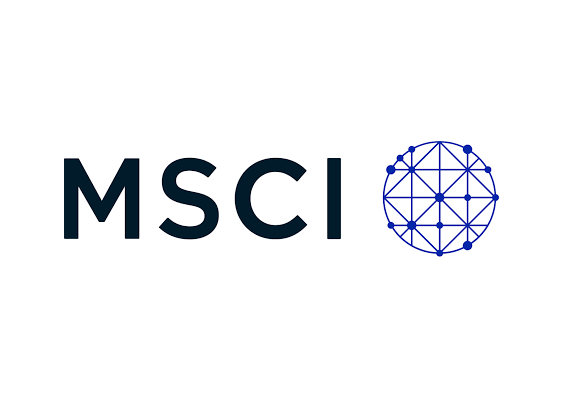What we think about MSCI (MSCI)
MSCI in Three Words: Global Data Powerhouse

Discuss MSCI in our Community Forum
Background
In the late 1960s, a company named Capital International was developing global indexes to quantify the equity returns related to several international markets. Morgan Stanley – one of America’s largest asset managers – had an interest in using these indexes to directly invest in those markets. Three decades later, in 1986, it bought the rights to all of Capital’s indexes and branded them as its own. “MSCI” was born.
The company’s mission remains the same today: to empower institutional clients to make more informed investment decisions. Just as the S&P 500 index tracks the returns of the largest American companies, MSCI’s indexes can measure the returns of just about any company, geography, or trend in the world.
Let’s look at a few examples. Do you want broad-based exposure to the world’s developing economies? Then the MSCI Emerging Market Index is right for you. Want to invest in the companies who are enabling AI to disrupt the global workplace? Then check out MSCI’s ACWI Robotics & AI Index. Interested in Thailand’s stock market, but don’t want to invest more than 25% into one company or 50% into the largest positions? You’re in luck; the MSCI Thailand 25/50 Index is what you’ve been looking for.
MSCI’s indexes offer something for all types of investors.
Active managers benchmark their ETF funds to indexes like these in order to compare their performance to “the market” (however general or specific they may define it). Investors in their funds recognize MSCI as a familiar and credible index, so the managers are unlikely to ever change their benchmark. 55% of MSCI’s total revenue comes from its index segment. Within this segment, 60% of its indexing revenue comes from active manager benchmark licenses.
The other 40% of its index segment comes from passive ETFs who directly invest into the companies of the index (“passive” meaning there’s no human involvement; the ETFs just buy the companies as specified by the index). Passive funds pay MSCI an assets-under-management (AUM) fee of typically around 25 basis points. Blackrock (NYSE: BLK) – who’s the world’s largest asset manager with more than $9 trillion in AUM – is MSCI’s largest customer and accounts for around 10% of its total operating revenue.
Altogether, MSCI offers more than 160,000 unique indexes that are collectively benchmarking $15.6 trillion of invested assets under management.
Another 24% of MSCI’s revenue comes from analytics subscriptions, which portfolio managers pay for as a decision-making tool to assess risks, to allocate capital, or to evaluate performance. MSCI boasts 95% retention rates with its subscription-based products, as most clients stick around for years or even decades.
An additional 12% of revenue comes from Environmental, Social, and Governance (ESG) data analytics. Sustainability is becoming a key trend in investing, as government, regulators, and even customers are pushing for companies to become more conscious of their impact on the world and the environment. MSCI launched the world’s first socially responsible index back in 1990 and has been at the forefront of ESG/sustainable/conscious capitalism investing for three decades.
And the final 9% of revenue comes from private assets. This is a combination of AUM fees, subscription licenses, and transaction-based fees that serve the real estate market or private market transactions.
Add all of those up and you have one of the world’s largest, more complex, and most diversified financial information providers. MSCI collects data from more than 900 products, cleans it, and computes the calculations for more than 7 billion positions every day. It then organizes those into more than 15 distinct applications and 800 APIs that integrate directly into its clients’ workflow.
The world has 115,000 publicly-traded equities. MSCI simplifies the complexity of how and where to invest nearly $100 trillion of managed assets.
Conviction Rating Changes:
Join 7investing to get access to this section
Recent Company Updates:
Join 7investing to get access to this section



